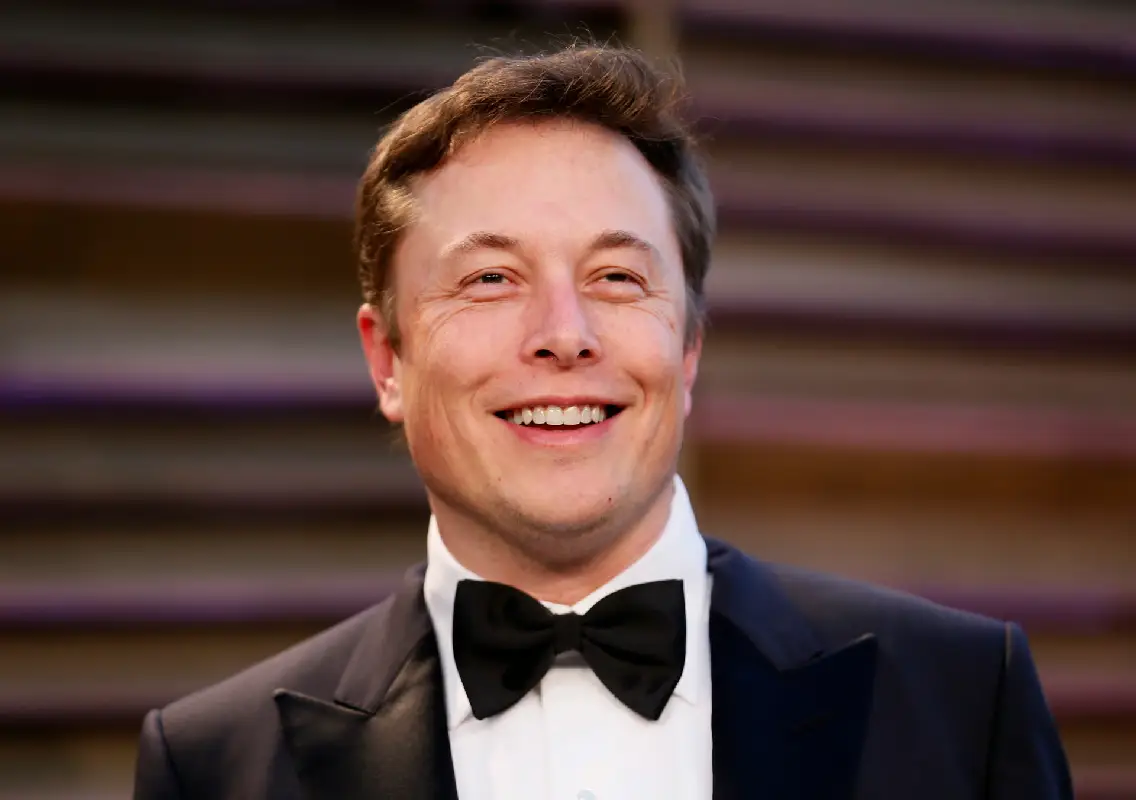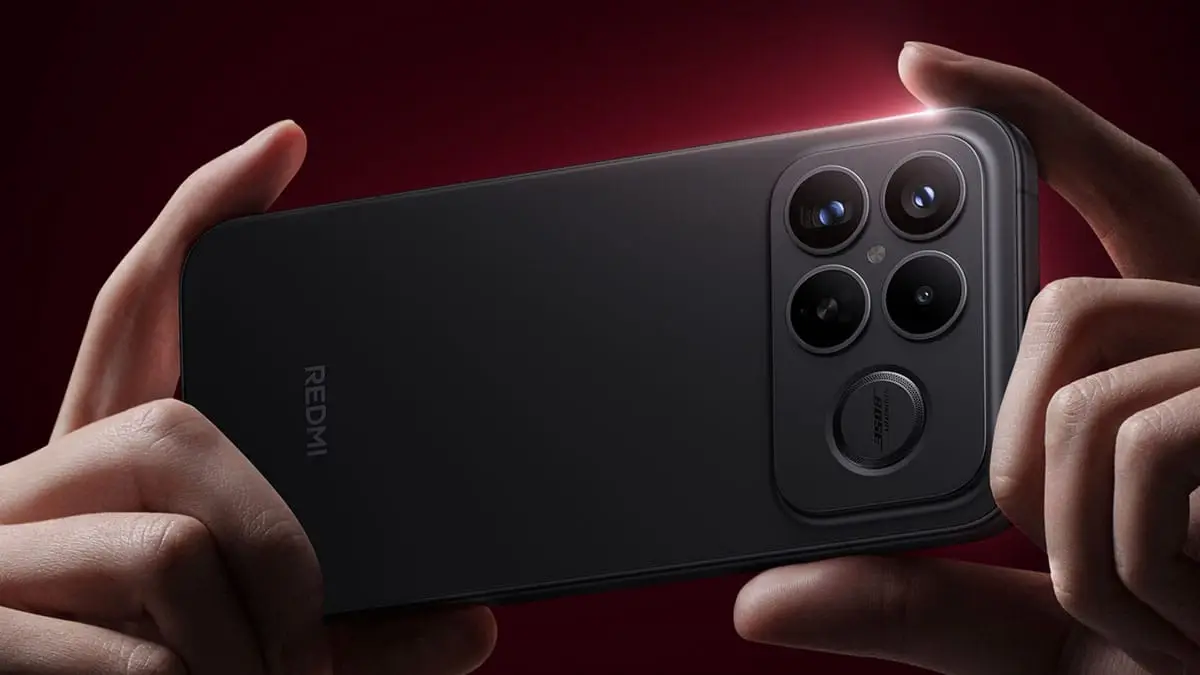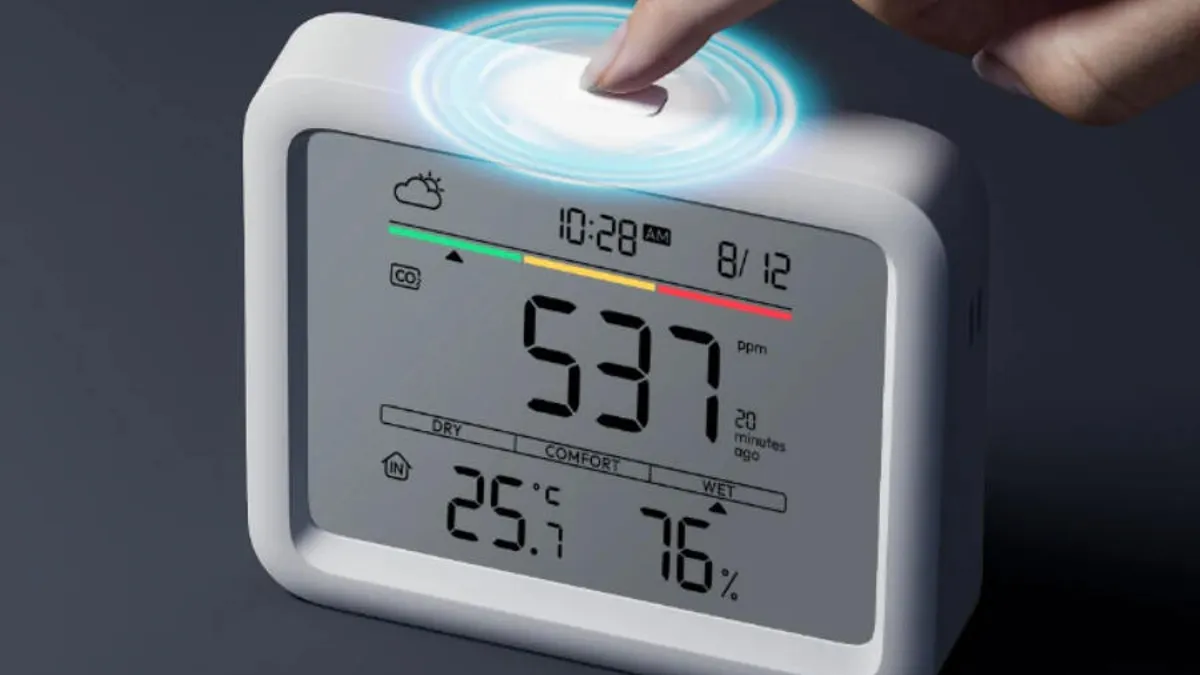Copyright newskarnataka

San Francisco: Tech billionaire Elon Musk has once again sparked debate about the future of work, claiming that artificial intelligence (AI) and robots will eventually replace all human jobs. However, according to him, this transformation will not be a crisis but a turning point — one that could bring greater freedom and prosperity for humanity. AI job fears rise amid automation surge Musk made his remarks in response to a post on X (formerly Twitter) about Amazon’s reported plans to replace over 1.6 lakh jobs by 2027 using automation and robotics. In his characteristically blunt style, Musk wrote, “AI and robots will replace all jobs.” The statement comes at a time when global anxiety about automation is growing. Several multinational companies, including TCS and Accenture, have already laid off thousands of employees as they adopt AI-driven systems to improve efficiency and reduce costs. For many workers, the thought of AI taking over entire industries has sparked fears of mass unemployment. Yet, Musk’s view presents a radically different scenario — one where work becomes a choice rather than a necessity. “Working will be optional,” says Musk Expanding on his statement, Musk argued that the future could liberate people from the daily grind. “Working will be optional, like growing your own vegetables instead of buying them from the store,” he explained in a follow-up post. Musk, who heads companies like Tesla, SpaceX, and xAI, believes AI will eventually take over all forms of labour — physical and intellectual. His AI venture, xAI, recently announced plans for an AI-only software firm called Macrohard, while Tesla continues to develop its humanoid robot, Optimus. A future with “universal high income” In another post, Musk elaborated that the rise of AI would lead to what he termed a “universal high income”, suggesting that humans would have enough resources to live comfortably without the need for employment. “We will reach a point where goods and services are abundant, and people can live well without working,” Musk said. He first outlined this vision at the VivaTech 2024 conference in Paris, where he estimated an “80 percent chance” of such a scenario unfolding. While some have dismissed this as overly optimistic, others view it as a possible outcome of rapid technological progress — provided that wealth generated by AI is distributed fairly across society. Personal robots and the Star Wars future Musk has often described a future in which every person could own a personal robot assistant. In a 2024 post, he compared this to having one’s own “R2-D2 and C-3PO”, the iconic droids from Star Wars. Such robots, Musk suggests, could handle everything from household chores to technical tasks, giving people more time to focus on creativity, leisure, and human connection. However, experts warn that the transition to an AI-dominated economy will require careful planning, robust safety regulations, and ethical frameworks to prevent large-scale displacement and inequality. A future of promise or peril? Musk’s prediction paints a utopian picture — a world where technology frees humanity from mundane labour. But whether that future leads to universal prosperity or deep social divides will depend on how governments and industries adapt to the new era of automation. For now, as AI systems continue to advance at lightning speed, the world watches closely — both excited and uneasy — about what comes next.



